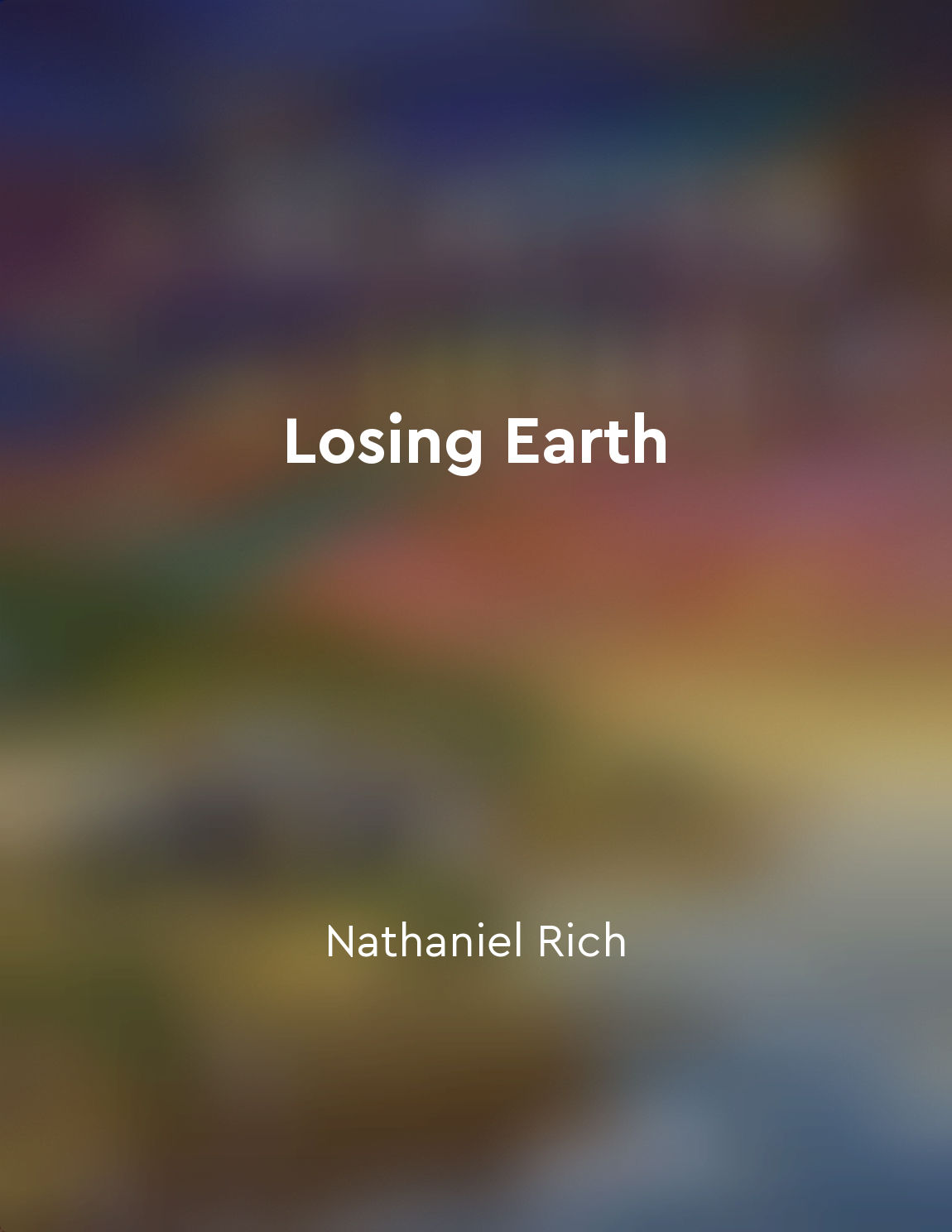Alternative economic models from "summary" of The Shock Doctrine by Naomi Klein
The concept of alternative economic models involves challenging the dominant neoliberal ideology that has been imposed on countries around the world through various forms of shock. These alternative models offer different ways of organizing economies that prioritize social welfare, equity, and environmental sustainability over profit and privatization. They provide a counterpoint to the relentless push for deregulation, privatization, and austerity that has characterized the neoliberal agenda. One such alternative model is the idea of a more participatory economy, where decisions about resource allocation and production are made democratically by the people who are directly affected by them. This stands in stark contrast to the top-down approach favored by neoliberalism, which concentrates power and wealth in the hands of a few at the expense of the many. By giving communities more control over their economic destinies, alternative models seek to create more just and equitable societies. Another key aspect of alternative economic models is the emphasis on sustainability and environmental stewardship. Neoliberalism has often prioritized short-term profits over long-term ecological health, leading to environmental degradation and climate change. Alternative models, on the other hand, advocate for more sustainable practices that take into account the finite nature of our planet's resources and the need to protect the environment for future generations. In addition to promoting economic democracy and environmental sustainability, alternative models also challenge the notion that there is only one way to organize an economy. They recognize that different communities have different needs and priorities, and that a one-size-fits-all approach is not conducive to fostering diverse and resilient economies. By embracing a plurality of economic models, societies can adapt to changing circumstances and promote innovation and creativity in the economic sphere.- The concept of alternative economic models offers a vision of a more just, equitable, and sustainable world. By challenging the hegemony of neoliberalism and offering alternative ways of organizing economies, these models provide a roadmap for building more resilient and inclusive societies that prioritize the well-being of all people and the planet.
Similar Posts

Kyoto Protocol sets emission targets but lacks enforcement
The Kyoto Protocol, an agreement signed in 1997, set targets for reducing greenhouse gas emissions, with the goal of combating ...
Healthcare is a human right
The idea that healthcare is a human right is based on the simple recognition that every person has a fundamental entitlement to...
Grassroots movements are essential for challenging corporate hegemony
Grassroots movements play a crucial role in countering the dominance of corporate power in society. These movements are driven ...
A focus on individualism can weaken social bonds
When individuals prioritize their own needs and desires above all else, social bonds can begin to deteriorate. In a society whe...
The media serves to manipulate public opinion in favor of profitdriven agendas
The mass media play a crucial role in shaping public opinion and perception. Through various forms of communication such as tel...
A global awakening is necessary to challenge power structures
The global awakening I'm talking about is more than just a simple realization that things aren't quite right. It's a deep under...

